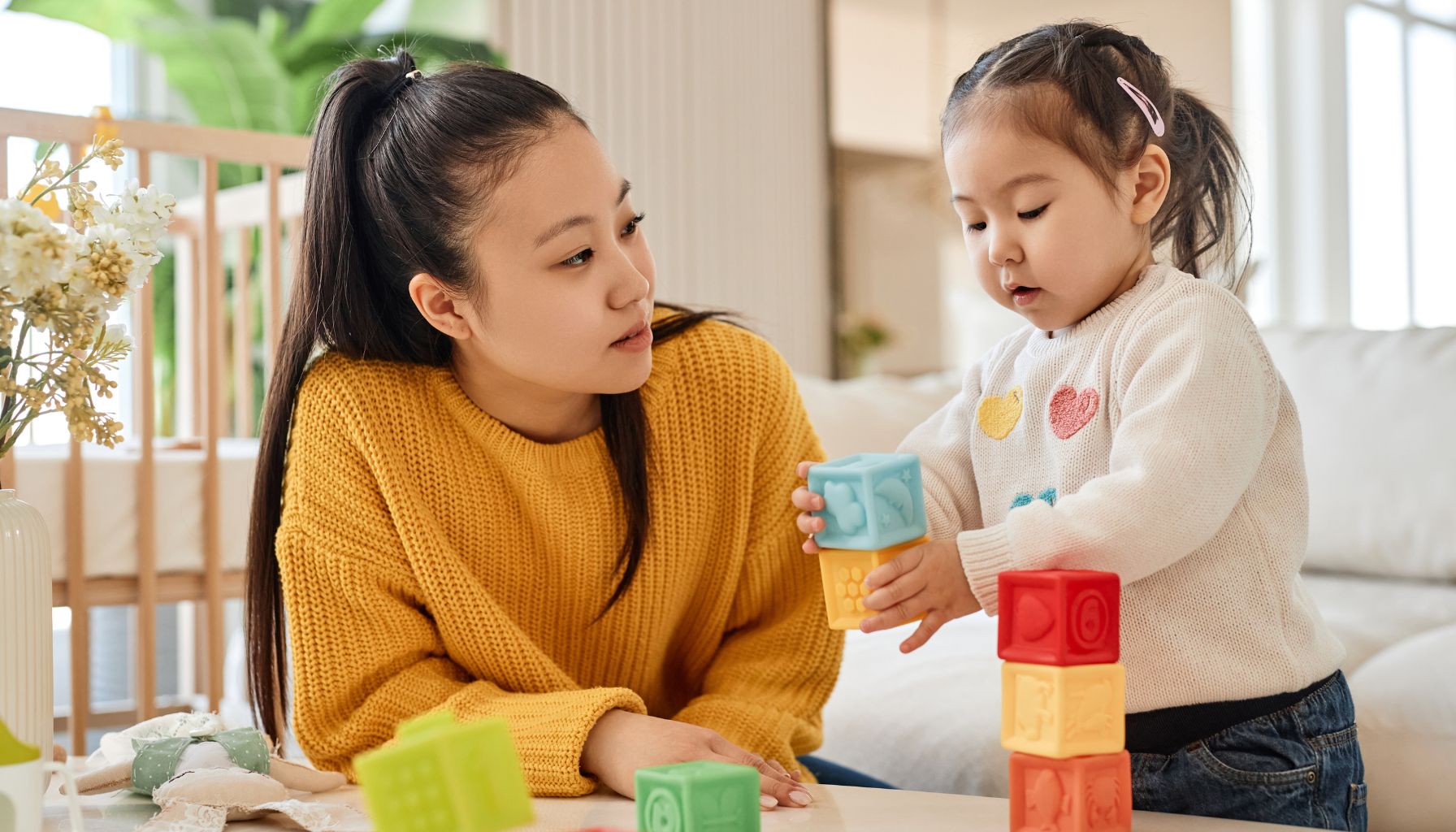Starting pre-kindergarten is an exciting milestone, but it can also bring challenges like separation anxiety. For many children, being apart from their parents for the first time can feel overwhelming. This article explores practical strategies for easing separation anxiety in pre-kindergarten-age children, helping both parents and children navigate this emotional transition.
Understanding Separation Anxiety
Separation anxiety is a normal developmental phase where children feel distressed when away from their parents or primary caregivers. It typically peaks between 8 months and 3 years but can resurface during significant transitions, like starting pre-kindergarten. Recognizing the signs and addressing them early is key to ensuring a smoother adjustment for your child.
Why Does Separation Anxiety Occur?
- Fear of the Unknown: New environments, unfamiliar faces, and routines can trigger anxiety.
- Strong Attachment to Parents: Children at this age are deeply connected to their caregivers and may struggle to understand temporary separation.
- Limited Communication Skills: Younger children may find it difficult to express their feelings, making the experience even more stressful.
Tips to Handle Separation Anxiety in Pre-Kindergarten Children
1. Prepare Your Child for the Transition
- Talk About School in Advance: Discuss what they can expect at pre-kindergarten—fun activities, new friends, and caring teachers.
- Visit the School Together: Familiarizing your child with the environment can reduce fear of the unknown.
2. Create a Predictable Goodbye Routine
- Keep Goodbyes Short and Sweet: A consistent goodbye routine, like a hug or a special phrase, can comfort your child and signal that you’ll return.
- Avoid Sneaking Away: Leaving without saying goodbye can increase your child’s anxiety and make them feel abandoned.
3. Encourage Independence
- Practice Separation at Home: Start with short periods of separation, such as leaving your child with a trusted caregiver, to help them adjust.
- Foster Self-Confidence: Encourage your child to try small tasks on their own, like putting on their shoes or packing their bag, to build independence.
4. Acknowledge and Validate Their Feelings
- Listen to Their Concerns: Let your child express their fears and reassure them that their feelings are normal.
- Provide Comfort: Acknowledge their emotions while gently encouraging them to embrace the new experience.
5. Stay Positive
- Model Confidence: Children often mirror their parents’ emotions. Stay calm and positive when dropping them off.
- Highlight the Positives: Talk about the exciting things they’ll do at school, such as painting, singing, or playing with new toys.
6. Introduce Comfort Items
- Pack a Familiar Item: Allow your child to bring a favorite toy or blanket to school. Familiar items can provide a sense of security.
- Create a “Connection Object”: A small keepsake from you, like a note or a charm, can remind them of your presence.
7. Collaborate with Teachers
- Communicate Openly: Share your child’s concerns with their teacher and work together to create a supportive environment.
- Build Trust in the School: Help your child feel safe by emphasizing that their teacher is there to take care of them.
How Long Does Separation Anxiety Last?
Every child adjusts at their own pace. For some, it may take a few days; for others, weeks. The key is patience and consistency. If the anxiety persists or worsens, consider seeking advice from a child psychologist.
Final Thoughts: Supporting Your Child’s Growth
Handling separation anxiety in pre-kindergarten-age children requires empathy, preparation, and consistent support. By helping your child navigate this transition, you’re setting them up for a positive and enriching school experience. Remember, it’s normal for children to need time to adjust, but your support makes all the difference.
At Gold Star Education, we understand the unique challenges that come with early education. As the best Cambridge and IB learning center in Jakarta, we offer tailored programs to support your child’s emotional and academic development.
Click here to learn more about how we can help your child thrive in their educational journey. Don’t forget to follow @goldstareducation on Instagram for tips and insights to support your child’s growth!
By:
Felicia G






0 responses on "How to Handle Separation Anxiety in Pre-Kindergarten Age Children"